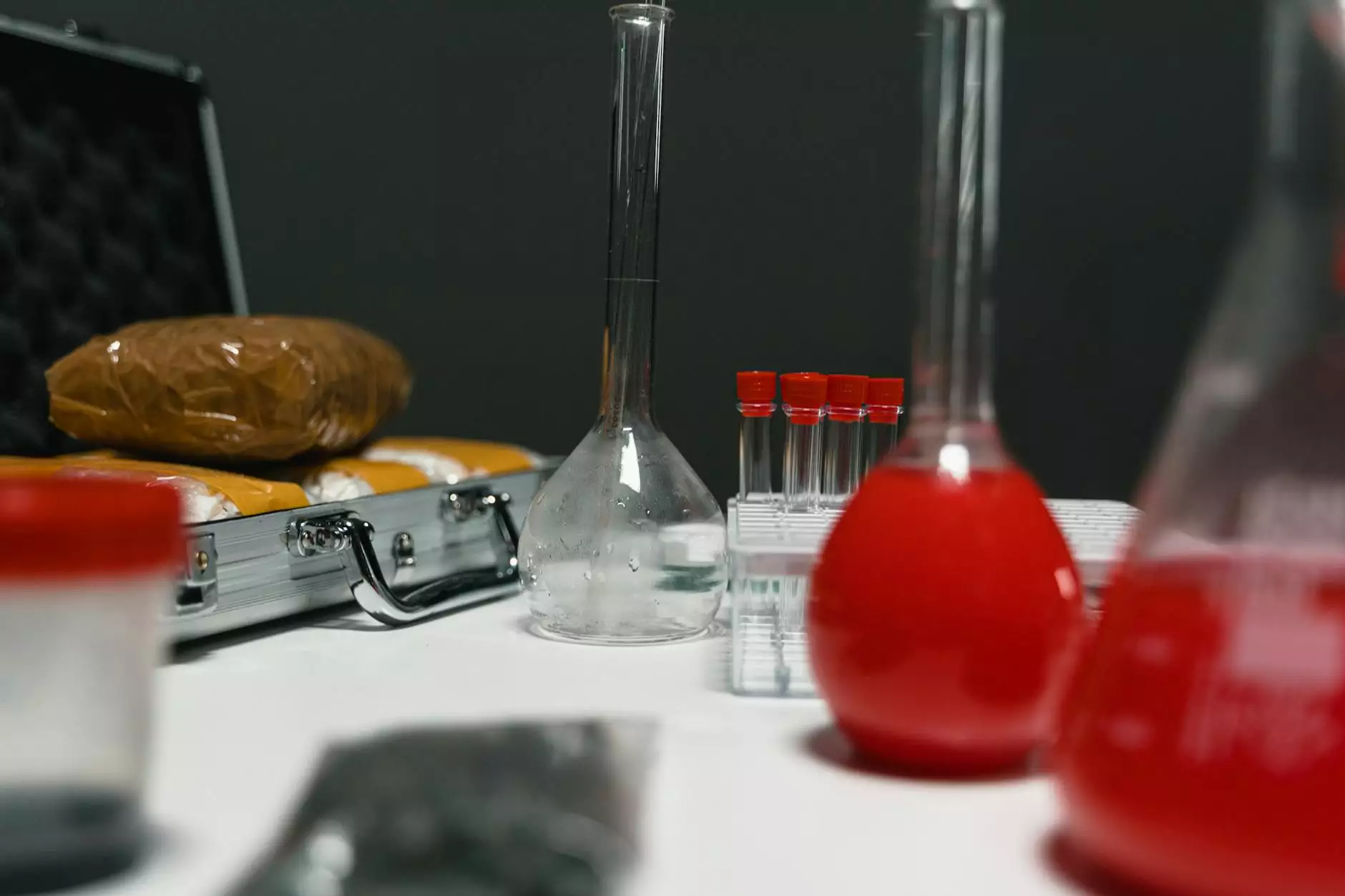Unlocking Opportunities: How to Perfectly Port Your Game from Unity to Godot

In the rapidly evolving landscape of game development, developers often seek more flexible, open-source, and cost-effective engines to bring their creative visions to life. One significant trend gaining momentum is the process of porting a game from Unity to Godot. This transition, while seemingly daunting, offers unparalleled benefits including increased control, reduced licensing costs, and access to a vibrant community. At Pingle Studio, a premier Game Development Outsourcing Company, we specialize in facilitating such complex projects seamlessly, ensuring your mission-critical goals are met efficiently.
Understanding the Need to Port a Game from Unity to Godot
Migrating your game from Unity to Godot is a strategic decision driven by several compelling reasons:
- Cost-Effectiveness: Unlike Unity, which operates on a licensing model with subscription fees, Godot is completely open-source and free, significantly reducing expenses.
- Open-Source Advantage: The open-source nature of Godot empowers developers to modify engine core features, customize workflows, and implement innovative solutions without restrictions.
- Flexibility and Licensing Freedom: Godot's permissive licensing (MIT License) eliminates legal constraints, giving developers full rights to distribute, modify, and monetize their games.
- Active Community and Continuous Development: An expanding community ensures regular updates, a wealth of tutorials, and peer support that accelerate development cycles.
- Cross-Platform Compatibility: Godot offers robust support for a multitude of platforms including Windows, Linux, macOS, iOS, Android, HTML5, and more, making it ideal for wide distribution.
Challenges and Considerations During the Porting Process
While the benefits are clear, porting a game from Unity to Godot involves several challenges that require meticulous planning and execution:
- Differences in Engine Architecture: Unity uses a component-based architecture, while Godot employs a node-based scene system. Bridging these differences is crucial for a smooth transition.
- Asset Compatibility: Converting models, textures, animations, and other assets requires careful handling to preserve visual quality and functionality.
- Code Rewriting: Scripts written in C# or UnityScript need to be translated into GDScript, C#, or VisualScript compatible with Godot.
- Physics and Rendering: Physics engines and rendering pipelines differ, necessitating adjustments to ensure consistent gameplay physics and visuals.
- Plugin and Asset Replacement: Some Unity-specific plugins may not have direct counterparts in Godot, leading to potential replacements or custom development.
Step-by-Step Approach to Portting a Game from Unity to Godot
Successful porting hinges on a systematic process that minimizes risks and ensures fidelity to your original vision. Here’s an in-depth guide:
1. Initial Assessment and Planning
*Conduct a thorough evaluation* of your Unity project to identify all assets, scripts, plugins, and features. Establish clear objectives for the port, including targeted platforms, performance benchmarks, and timeline.
Define your scope, budget, and resource allocation—possibly engaging a professional outsourcing partner like Pingle Studio, to enhance efficiency and expertise.
2. Asset Export and Optimization
Ensure all assets are correctly exported from Unity. Use formats compatible with Godot (e.g., FBX, PNG, WAV) and optimize assets for performance:
- Reduce polygon counts where possible
- Compress textures without quality loss
- Organize assets into logical folders for easy importing
3. Scene and Architecture Re-Design
Reconstruct your game scenes in Godot's node-based system. This involves:
- Recreating scene hierarchies
- Assigning assets to appropriate nodes
- Configuring player UI, cameras, lights, and environmental elements within Godot's editor
4. Script Conversion and Logic Recreation
Translating scripts is often the most complex task. Decide on the scripting language best suited to your team and project. Common options include GDScript (Python-like), C#, or VisualScript.
Key steps include:
- Mapping Unity's MonoBehaviour-based scripts to Godot's node lifecycle methods
- Refactoring code to utilize Godot's API and signal system
- Implementing physics, input handling, and game logic anew, testing along the way
5. Physics and Rendering Adjustment
Physics engines differ significantly; Unity uses PhysX, whereas Godot includes Bullet and a custom physics engine. Carefully recalibrate physics properties, collision shapes, and rendering settings to match original gameplay experience.
6. Testing and Debugging
Rigorous testing across various stages identifies bugs, performance issues, and inconsistencies. Use automated testing tools where possible, and gather feedback from testers to refine gameplay.
7. Optimization and Final Deployment
Optimize your game for platform-specific constraints, including simplifying assets, reducing draw calls, and adjusting settings for mobile or desktop deployment. Conduct final QA before release.
Expert Tips for a Successful Game Port from Unity to Godot
- Start Small: Begin with a prototype port to identify bottlenecks and learn engine differences before porting the entire game.
- Maintain Modular Code: Write flexible scripts that ease the transition and future updates.
- Leverage Community Resources: Explore tutorials, forums, and assets available for Godot to streamline development.
- Invest in Professional Assistance: Partner with a competent game development outsourcing company like Pingle Studio for expertise and efficient project turnaround.
- Document the Process: Keep records of changes, porting challenges, and solutions to facilitate future projects or updates.
Maximizing Business Opportunities by Porting Your Game from Unity to Godot
The strategic benefits of transitioning to Godot go beyond cost savings. They open new avenues for your business:
- Market Differentiation: Offering games built on open-source technology appeals to a growing demographic seeking transparency and community-driven projects.
- Revenue Growth: Reduced licensing fees allow reinvestment into marketing, quality assurance, and feature development, which can drive higher sales.
- Partnerships and Collaborations: The collaborative nature of the Godot community offers networking opportunities and joint ventures.
- Access to Emerging Markets: Cross-platform compatibility helps tap into markets such as mobile gaming, VR, AR, and HTML5 web games, broadening revenue streams.
- Future-proofing Your Portfolio: As the game industry shifts, using flexible engines like Godot positions your business to adapt swiftly and sustainably.
Why Choose Pingle Studio for Your Game Porting Needs?
At Pingle Studio, we are dedicated to delivering top-tier game development outsourcing services tailored to your specific requirements. Our expertise includes:
- Comprehensive porting projects from Unity, Unreal, and other engines to Godot
- Asset optimization, scripting, and scene reimplementation
- Quality assurance and post-launch support
- Team augmentation for rapid project scaling
- Consultation on technical feasibility and project planning
Partnering with Pingle Studio ensures your game migration project benefits from expert insight, proven methodologies, and a commitment to quality—giving you a competitive edge in your industry.
Conclusion: Embrace the Future of Game Development by Mastering the Art of Porting from Unity to Godot
Transitioning a game from Unity to Godot is not merely a technical process; it is a strategic move that empowers your business with greater flexibility, control, and community support. Success relies on careful planning, skillful execution, and leveraging the right partnership. With the right guidance and resources, your game can thrive on multiple platforms, reach broader audiences, and reduce long-term costs.
At Pingle Studio, we are passionate about transforming your vision into reality through expert game development outsourcing solutions. Whether you're just starting or looking to streamline your existing game portfolio, we stand ready to help you navigate the complexities of porting and unlock new growth opportunities.
Contact us today to learn more about how we can support your project and propel your business forward in the competitive world of game development.
porting game from unity to godot








